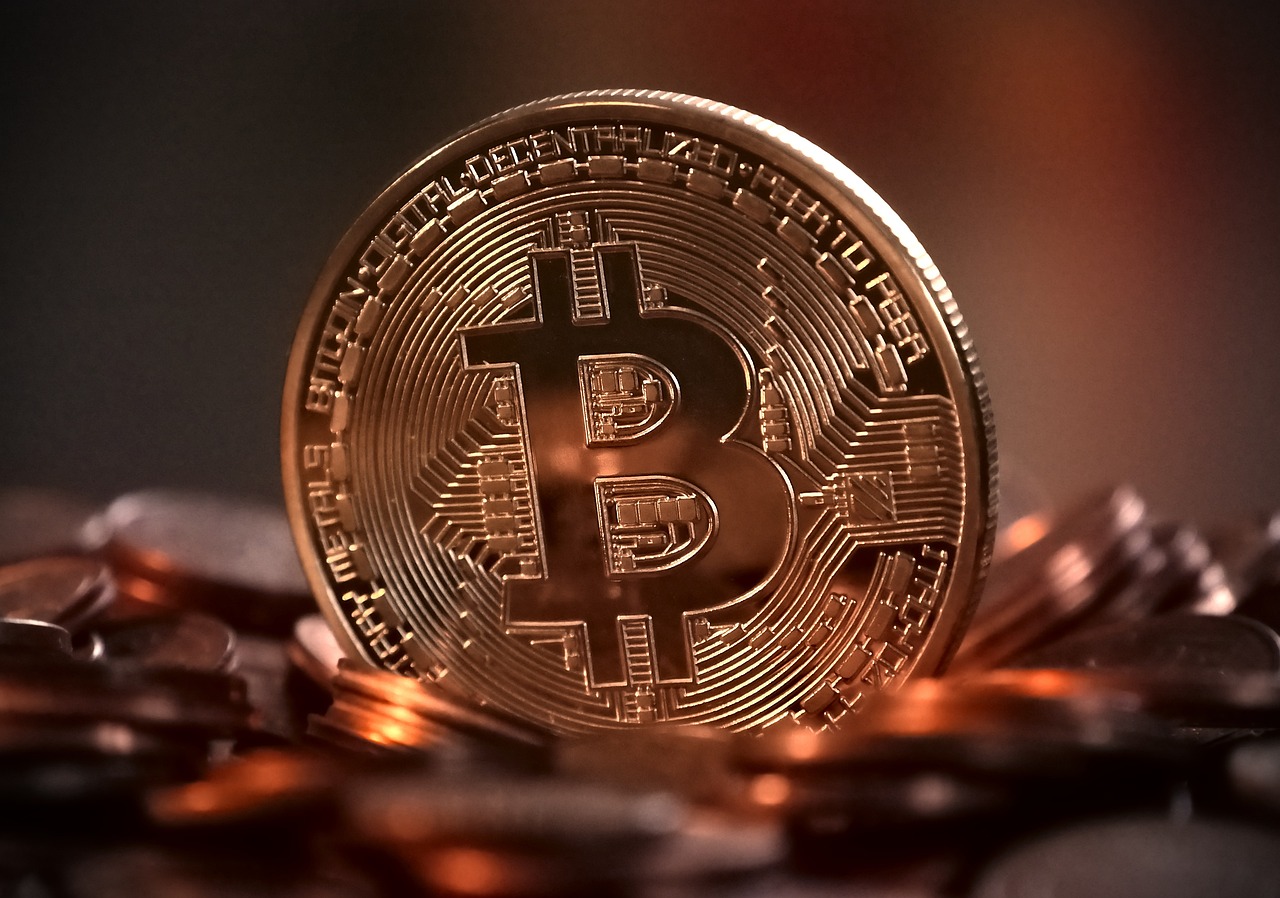Economy and business
Italy wants to impose a rule to identify all those who send and receive cryptoassets

The Italian government has decided to do what not even the U.S. government can do: track all cryptocurrency transactions and crypto asset transfers, Italian newspaper ItaliaOggi reports.
Senders’ and receivers’ of a sum of cryptocurrencies or cyptoassets data will accompany any transaction. in order to detect and investigate cases of money laundering and terrorist financing by applying the so-called “travel rule.”
This is the provision in the draft legislative decree placed for public consultation by the Department of Treasury. The text is a fulfillment of Article 18 of the European delegation law approved by the Senate on February 14, 2024, and is awaiting publication in the Official Gazette (see ItaliaOggi of February 15, 2024).
The approved text contains the delegation of powers to the government to adapt national regulations to the provisions of Regulation (EU) 2023/1113 concerning information data accompanying transfers of funds and certain crypto-assets.
Bankitalia has the power to impose sanctions.
The government is delegated to adopt, within 12 months from the date of entry into force of the European delegation law, among other things, decrees on the sanctions and administrative measures provided for in the regulation and to give the Bank of Italy the power to impose sanctions and other administrative measures.
The legislative decree intervenes on Legislative Decree No. 231 of November 21, 2007, which in turn transposed Directive 2005/60/ec, and its provisions apply as of December 30, 2024.
Article 16-bis (Identification and assessment of risks associated with crypto-asset transfers to or from a self-hosted address) states that “crypto-asset service providers shall identify and assess the risk of money laundering and terrorist financing associated with crypto-asset transfers to or from a self-hosted address.”
In addition, the text continues, “crypto-asset service providers shall adopt safeguards and implement controls and procedures necessary to mitigate these risks and apply mitigation measures commensurate with the identified risks.”
List of identification measures
Those conducting transactions should take one of the following measures:
(a) risk-based measures of identification of the sender, receiver and intermendiary addresses;
(b) request for additional information on the origin and destination of transferred crypto-assets;
(c) continuous and enhanced monitoring of transactions directed to or originating from self-hosted addresses;
d) any other measures aimed at mitigating and managing the risks of money laundering and terrorist financing, as well as the risk of non-implementation and evasion of financial sanctions adopted by the European Union, in the cases referred to in Articles 4 and 4-ter of Legislative Decree No. 109 of June 22, 2007, as amended, or by decree of the Minister of Economy and Finance in the cases referred to in Article 4-bis of the same decree.
Do those who wrote the regulation know how cryptocurrencies work?
Cryptocurrencies were created precisely to avoid spatial limitations, counterparty identification, or the intervention of any intermediary operator. So the combination of this regulation, from a practical point of view, has these spillovers:
It will prevent any exchange or other institution that comes to handle cryptocurrencies from coming to establish itself domestically, to avoid the bureaucratic burden.
It will not stop peer-to-peer transactions of cryptocurrencies even in Italy, but it will prevent these from becoming, as in half the world, a legitimate activity to be carried out in the light of day.
The result of the criminalization of cryptocurrency transactions will be that they will continue to unfold quietly, completely under the radar. Then we wait for the Italian authorities to be able to track all cryptocurrency transactions






